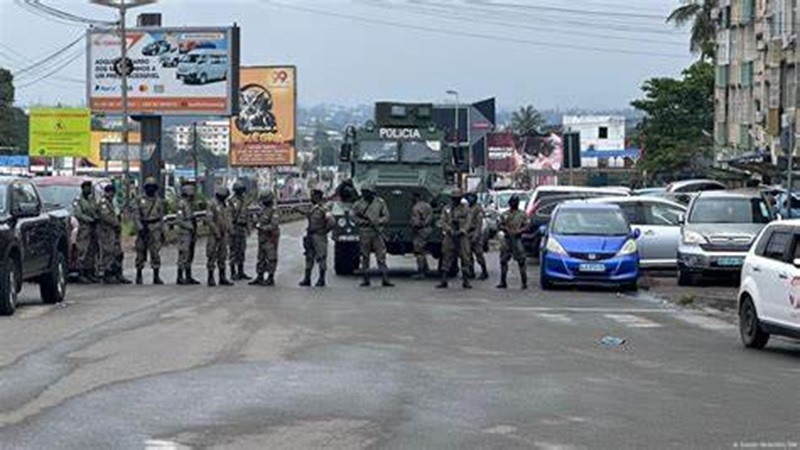By Vusuthando Percyvil Dube
The Mozambique elections took place this month with observers indicating issues such as ballot box stuffing, intimidation, and questionable vote counting, which could lessen public confidence in the political structure of the Republic.
The recent elections in Mozambique, held this month, have raised serious concerns regarding their integrity and credibility. Observers from various organizations, including European Unions, African Unions, and Dr. Paul Kariuki, Executive Director of the Democratic Development Program, have highlighted several alarming issues, including ballot box stuffing, voter intimidation, and questionable vote counting practices. Such irregularities have left a cloud of doubt over the electoral process, leading many to question the legitimacy of the outcomes and, consequently, the political structure of the Republic.
Speaking on the VOC PM drive show, Dr. Kariuki lamented, “All indications before the elections were showing that there could be a problem like the one, we are experiencing right now,” underscoring a widespread awareness of potential electoral malpractice prior to the elections. This troubling foresight is particularly disheartening given Mozambique’s tumultuous history, often characterized by political instability and civil unrest.
Dr. Kariuki added, “One could have expected that the elections would express the will of the people, so to speak, redirecting the country’s destiny toward a more democratic future,” yet current circumstances suggest that this hope may not materialize anytime soon.
Additionally, the integrity of the electoral process has been further compromised by a significant cyberattack on electoral websites. This incident has raised questions regarding the security measures in place and the transparency of the electoral commission. Dr. Kariuki pointed out the gravity of this situation, noting that “the outcomes are viewed as not credible by the Mozambique electoral commission.” The lack of a comprehensive explanation behind the cyberattack has left the public and international observers in a state of uncertainty, as it remains unclear who orchestrated the attack and what its implications may be on the election outcomes.
The repercussions of these alarming situations extend beyond the immediate electoral context. As Dr. Kariuki emphasized, the erosion of public confidence in the political process is profound; the repeated instances of electoral malpractice might deter citizen engagement in future political exercises and widen the gap between the electorate and the governing bodies. When trust in democratic institutions wanes, it poses a significant threat to political stability, social cohesion, and the overall development of the nation.
Considering these troubling developments, many Mozambicans and international observers find themselves disillusioned, reflecting a broader sentiment that these elections have once again failed to capture the genuine will of the populace.
The discrepancies noted have not only cast a shadow over these elections but have also heightened fears of a continued cycle of disillusionment with the political system. As Mozambique grapples with these challenges, finding a pathway toward enhanced transparency, accountability, and genuine democratic practices will be crucial for restoring public confidence and establishing a more robust political framework.
Listen for more Insights:
Photo: Silaide Mutemba/DW









